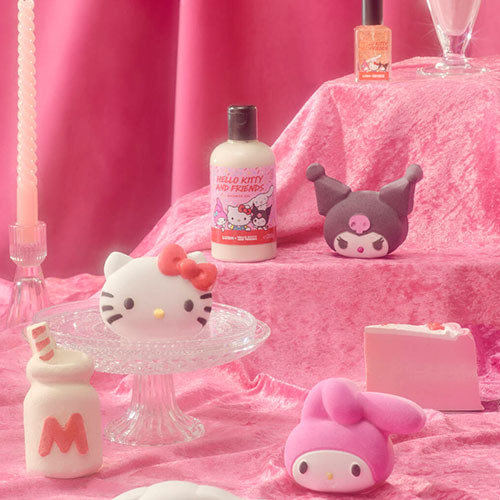Source chats to Stuart Grant about the business philosophies of one of the UK’s most successful family-owned companies.
The jack-in-a-box motif which anchors The Entertainer’s logo was included by founder Gary Grant right from the start as a visual shortcut to proclaim the first store’s toy orientation, and it has stuck ever since. However it is uncannily appropriate to represent Gary’s son Stuart, whose infectious ebullience is matched by his spring-loaded quick thinking on business, licensing and life in general.
The Entertainer has gained ground by doing things its way, spotting opportunities and acting upon them quickly, earning the retail group an enviable reputation among consumers, landlords, suppliers and staff alike.
Admittedly, its hard negotiating terms, steadfast rules about certain properties (refusal to stock products with links to the occult) as well as a strict adherence to not opening its stores on a Sunday have caused frustrations in some quarters.
Yet, at a time of demise for many hitherto leading retail names, The Entertainer has not only held its own, but thrived. Its success can be tracked in its understanding of consumer buying behaviour, in its canny approach on the supplier side as well as an opportunistic diversification of the retail brands under which it operates and the areas of the globe in which they have a presence.
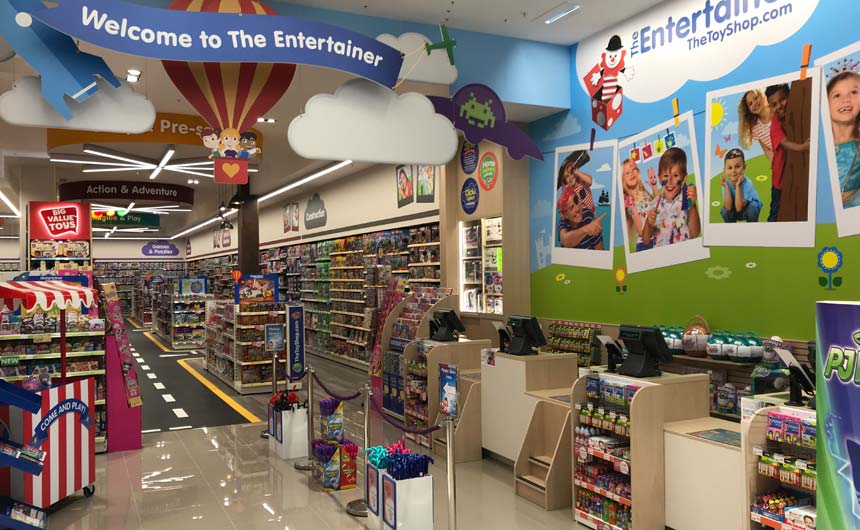
“Yes, we’re doing well in a tough market, but we are not where we would have ideally liked to have been,” Stuart tells Source modestly. “We opened nine new Entertainer stores in 2019, a slightly slower growth rate than usual as we generally like to open 15 new stores,” he quantified.
But this belies the full picture as it ignores the acquisition of the Early Learning Centre business from Mothercare in March 2019 (equating to 460 store fronts), as well as its takeover of the Spanish-based toy retailer Poly (comprising 52 stores), taking it out of administration at the end of 2018.
And then there is the expansion of its presence in Matalan stores with its ‘shop-within-a-shop’ concession under the Totally Toys brand.
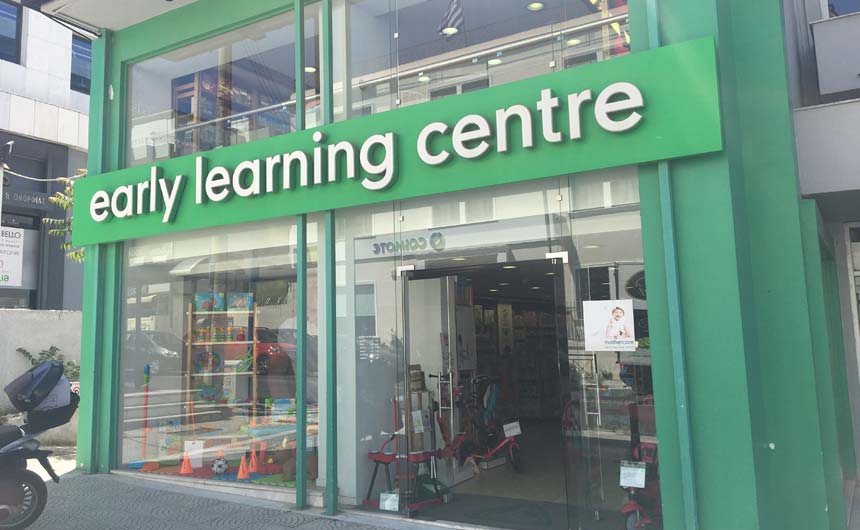
The ELC deal is something of a personal victory for the Grant family. “Going back years, we always aspired for The Entertainer to be as revered as ELC. We still have to pinch ourselves that we were in a position to be able to acquire such a heritage brand and now build on it,” says Stuart.
The Poly deal is another one that made so much sense. “Poly was effectively the Spanish equivalent of The Entertainer, with a presence in all the major shopping centres. It helps that the retail prices for toys in Spain are considerably higher than in the UK so we can ship from our UK warehouse. All it needs is a bit of love and care and we have lots of that to give!” says Stuart laughing.
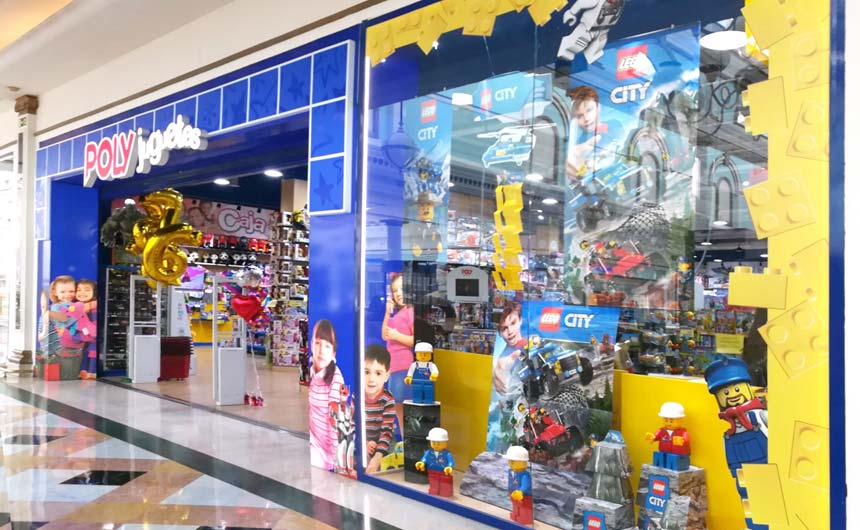
Although both ELC and Poly were opportunistic acquisitions, they slot in perfectly to The Entertainer’s three-pronged growth strategy which runs in tandem with its continued organic expansion.
“Our growth will come from:
1. Operating under more than one retail format.
2. By franchising, enabling us to expand further internationally,
3. Becoming even more of a destination by offering products not available elsewhere either as we have developed them ourselves or in partnership with our suppliers,” details Stuart.
The addition of both Poly and ELC joining the group ticks the first two ‘boxes’, especially as ELC, like The Entertainer, already has a presence in the UK and elsewhere in the world through franchised arrangements.
“We are only 4-5 years away of saturating the UK with The Entertainer stores. We can grow the estate to say 240 stores in the UK, with our normal opening rate of 15 new stores every year, but operating under other brands and concepts, such as ELC opens up a whole lot more opportunities. And extend that to the rest of the world and things look a whole lot more appealing,” says Stuart getting rather excited.
“I am proud of our roots, but I am also proud that we have gone from being a very UK-centric retailer to one which is now trading in 30 different countries, with lots more growth in our sights.”
This jack-in-a-box most definitely is fully spring-loaded and ready for more action.
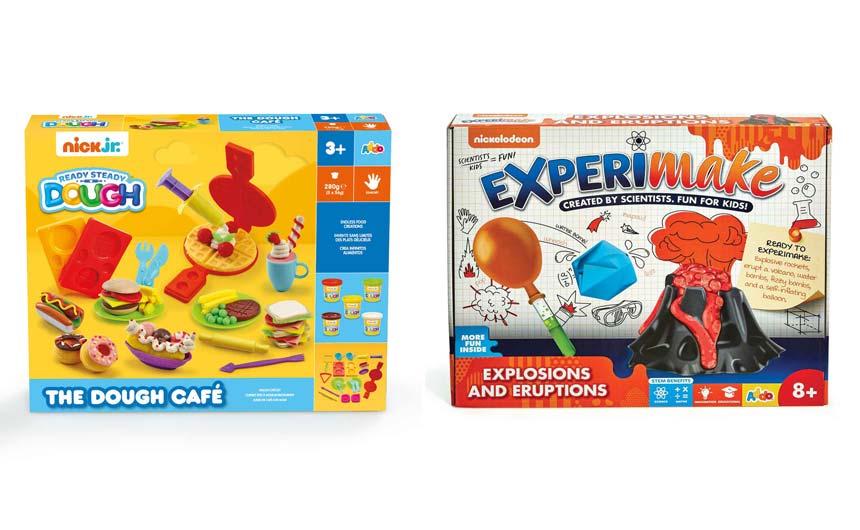
Toying with the licensed arena
“The licensed toy market place is tough at the moment,” proffers Stuart citing the downward slide of the market share licensed toys have versus generic products. “In 2015, licensed toys commanded 28% of the market, in 2016 this had dropped to 27.5%, in 2017 it was down to 25.6%, by 2018 it had dropped to 23.3% and I guess it will be down again in 2019.”
Stuart attributes some of this drop to a greediness of licensors on royalty rates and minimum guarantees.
“For licensing to work it needs all parties to be able to co-operate for the mutual good. But to my mind, there is clearly something of a disconnect at the moment. You read of records being smashed in box office takings for movies, but sadly this is not necessarily reflected in the toy aisles,” says Stuart.
“Suppliers are having to adapt to increased costs incurred through currency exchange, retailers cannot put up their prices for fear of alienating the consumer, yet royalty rates and minimum guarantees in some quarters are being set at unsustainable levels. This has a knock on effect on product development which is a shame.”
As Stuart reveals “It is becoming increasingly hard to sell licensed toys profitably especially as there are non-specialists that use the products as loss leaders to drive footfall. As good as our negotiating skills are, when there are other retailers who sell those products below cost you it is difficult to counter. And then there is the internet which has steamrollered its way through and eaten up market share. The members of the public are not at all embarrassed to come into our shops and then look on Amazon to compare the prices.”
Helping to safeguard The Entertainer’s position is that so much of its product portfolio is either exclusive to the retailer – through direct sourcing, working through Addo Play (its affiliate toy company) or through developing variants of products with other suppliers.
“We are holding our nerve and looking 3-5 years hence, trying to pre-empt the cultural changes in shopping patterns. It will keep us on our toes, that’s for sure!” says Stuart.
This feature originally appeared in the autumn 2019 edition of Licensing Source Book. Click here to read the full publication.



























